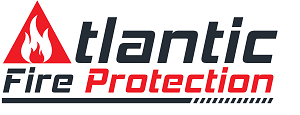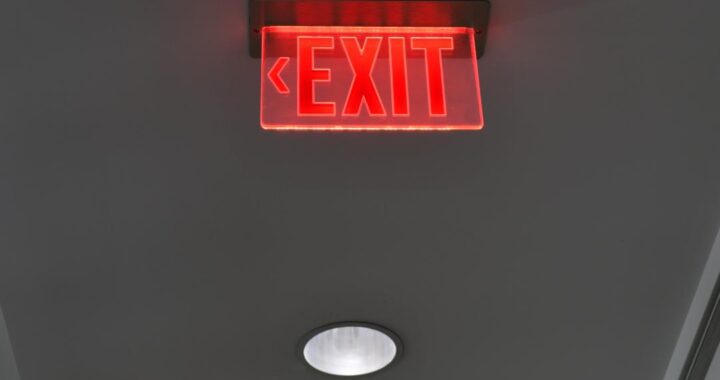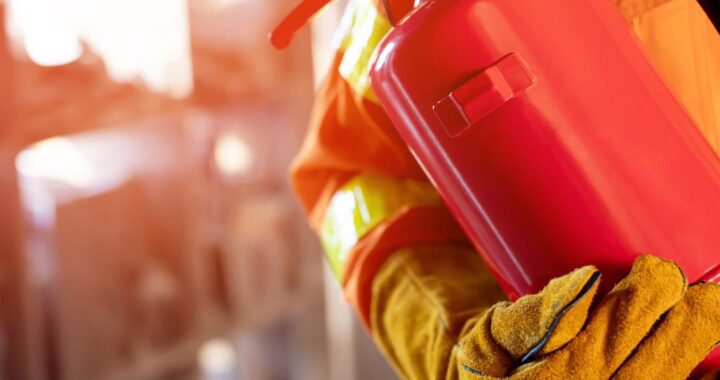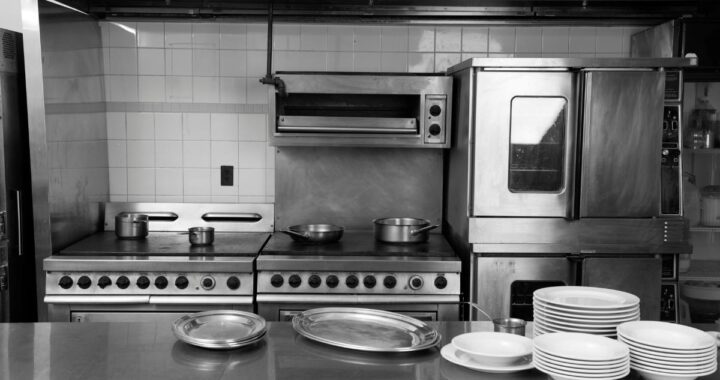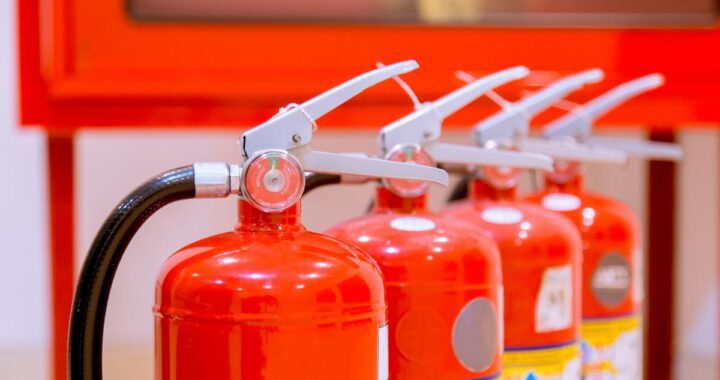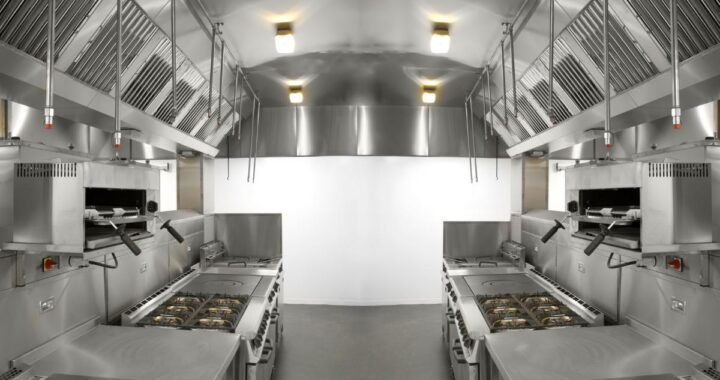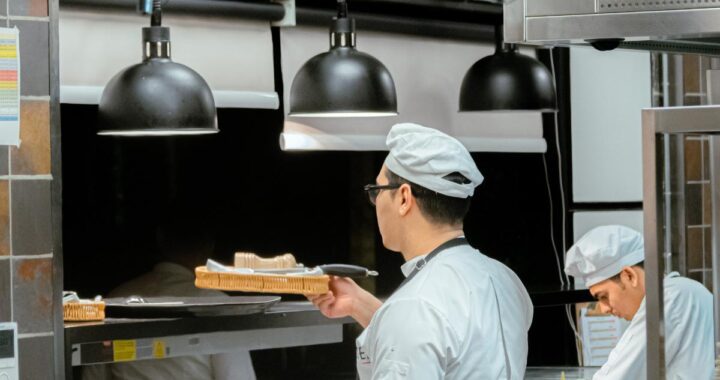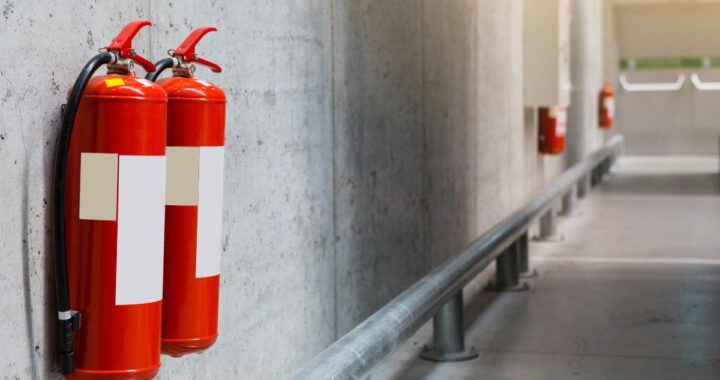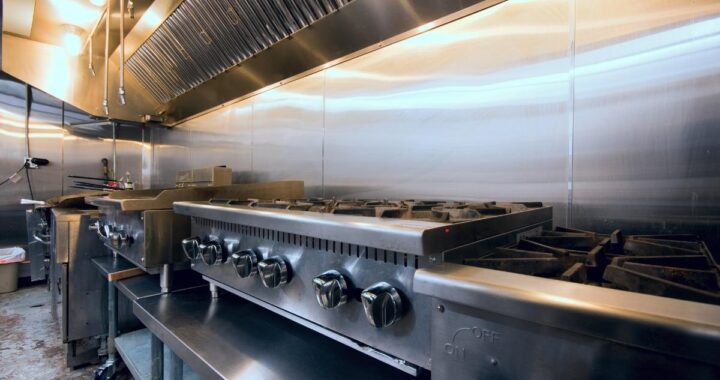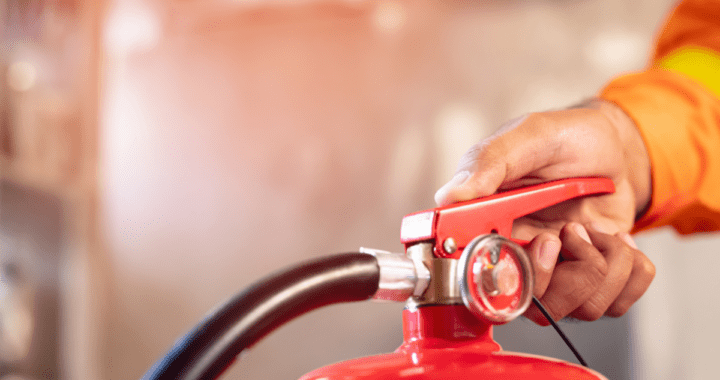Did you know that emergency lights are crucial for the safety of your business? These small but powerful lights serve as a backup in case of power outages or emergencies, helping to guide people to safety. However, if these lights aren’t properly inspected and maintained, they may not work when needed.
By investing in professional emergency light inspection in NJ, you can ensure that your business follows safety regulations and keeps your employees and customers safe. But why is it important to have these lights inspected regularly? And what could happen if you skip these inspections?
In this blog, we will explore the potential consequences of not properly inspecting your emergency lights and how it could cost your business in the long run.
Increased Risk of Accidents
Without regular inspections, the chances of accidents during emergencies can increase, which could pose challenges for your employees and customers. Emergency lights that fail to work properly can lead to confusion and potentially dangerous situations.
Regular inspections ensure these lights work when you need them most. Here are some specific risks of skipping inspections:
- Injuries: Non-functioning lights can result in trips, slips, and falls, leading to injuries.
- Delayed evacuation: Poor visibility during an emergency can slow down the evacuation process.
- Lawsuits: If someone gets hurt due to faulty emergency lights, your business could face legal action.
Ensuring that emergency lights are inspected regularly can prevent these risks, keeping everyone in your building safe. Regular inspections are an investment in safety and compliance that you can’t afford to skip.
Potential Fines and Penalties
Fire safety regulations require businesses to have functional emergency lights, and failing to comply with these regulations could result in moderate fines. These fines affect a business’s finances and damage its reputation and credibility.
By skipping emergency light inspections in NJ, you are putting your business at risk for non-compliance. These inspections ensure that all emergency lights meet safety standards and regulations, reducing the chances of penalties and fines. Ensuring your business is up to code with regular inspections can save you from costly legal consequences.
Operational Inconveniences
Aside from the safety risks and potential penalties, failing to inspect emergency lights properly can also cause operational inconveniences for your business. If these lights fail during an emergency, it could lead to temporary disruptions in your daily operations.
Imagine a power outage, and your employees and customers are left in the dark due to non-functioning emergency lights. This could hinder your business’s ability to operate smoothly and create a chaotic and potentially dangerous situation. This is why professional emergency light inspections in NJ are so important.
We Can Inspect Your Emergency Lights!
Don’t wait until it’s too late. Keep your business safe, compliant, and fully operational by scheduling professional emergency light inspections in NJ. Our team is standing by to help!
